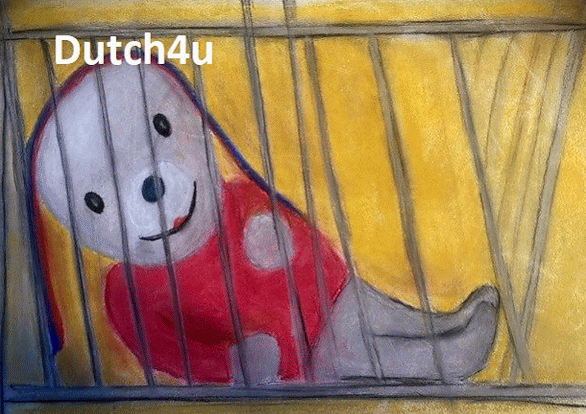
You can pluralize a word by adding one of the plural forms, those being -s, ‘s, – en or –n.
You add an -s if doing so does not have any consequenses on the pronounciation of the word: oom -> ooms (uncle, bureau -> bureaus (office), computer -> computers. If adding the -s might make one doubt about the pronounciation, you add -‘s: auto -> auto’s (car), baby -> baby’s, alinea -> alinea’s
jury -> jury’s (judge)
Words that end with -ik
You write two k’s if the accent lies upon the ik: snik -> snikken, tik -> tikken
You write only one k if the accent does not lie upon the ik: monnik -> monniken, viezerik -> viezeriken words that end with -ie or -ee
You add ën to the end if the accent lies upon the -ie or -ee: ree -> reeën, (faerie), categorie -> categorieën (genius)
You add -n and a diaeresis if the accent lies upon another part of the word: chemicalie -> chemicaliën, porie -> poriën
Words that end with -f or -s
The f usually becomes a v and the s usually becomes a z when you pluralize words ending with -f or -s: laars -> laarzen (boot), kluis -> kluizen (locker), kloof -> kloven (ravine)
However: fotografen, biografen, pluisen en laarsen!
Please note:
Some words may have a Latin plural form: politici, medici, mediums/media, museum/musea.
